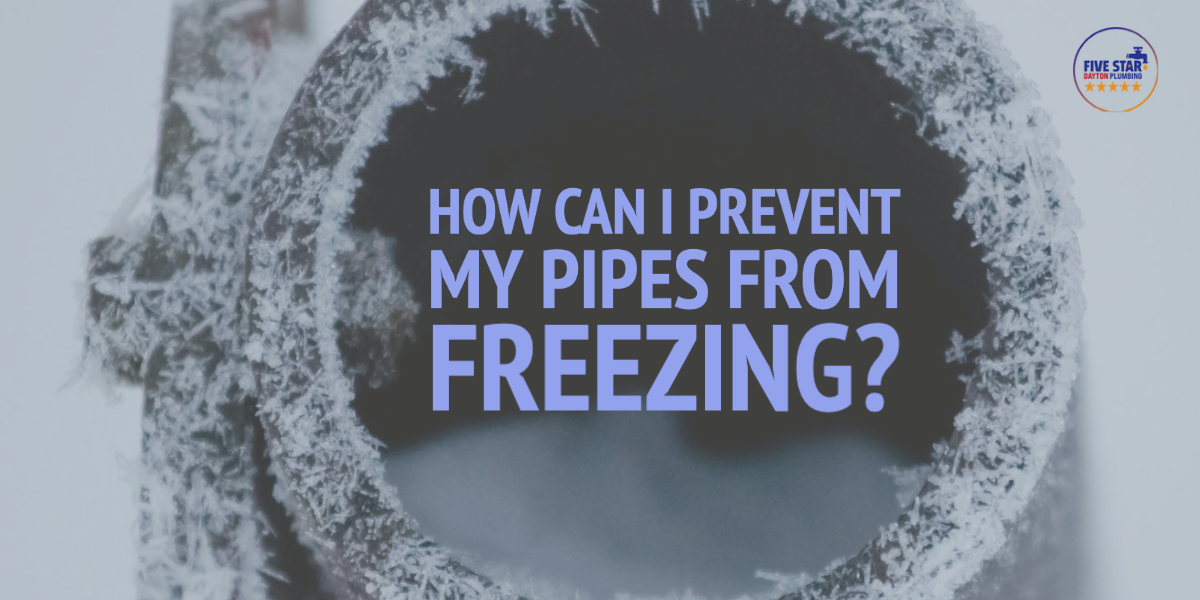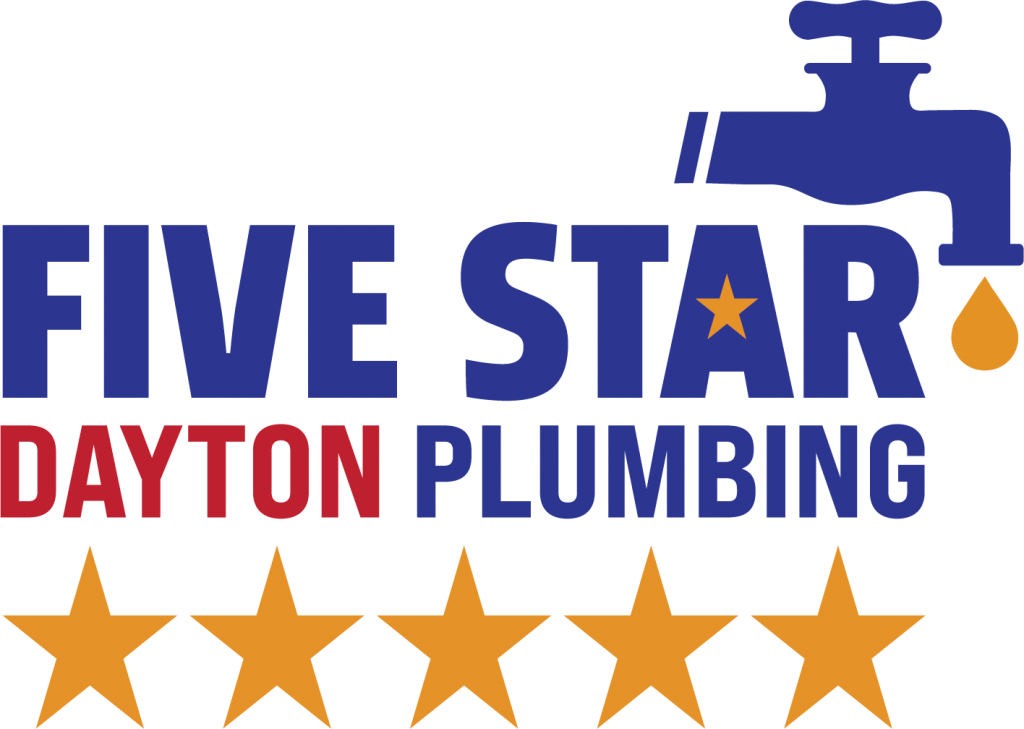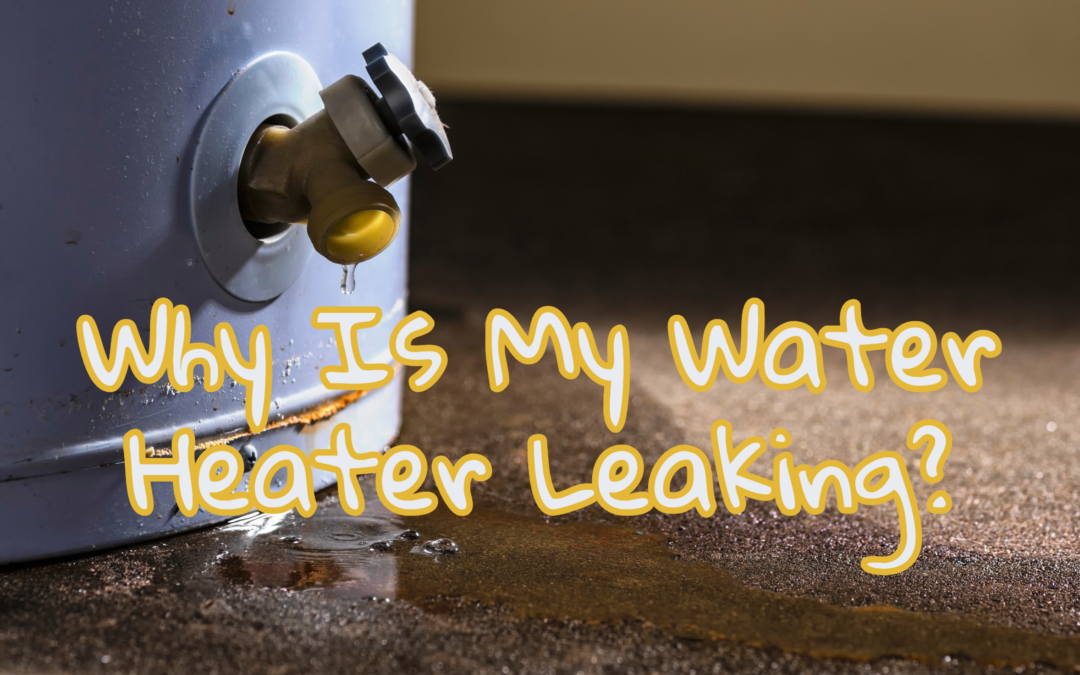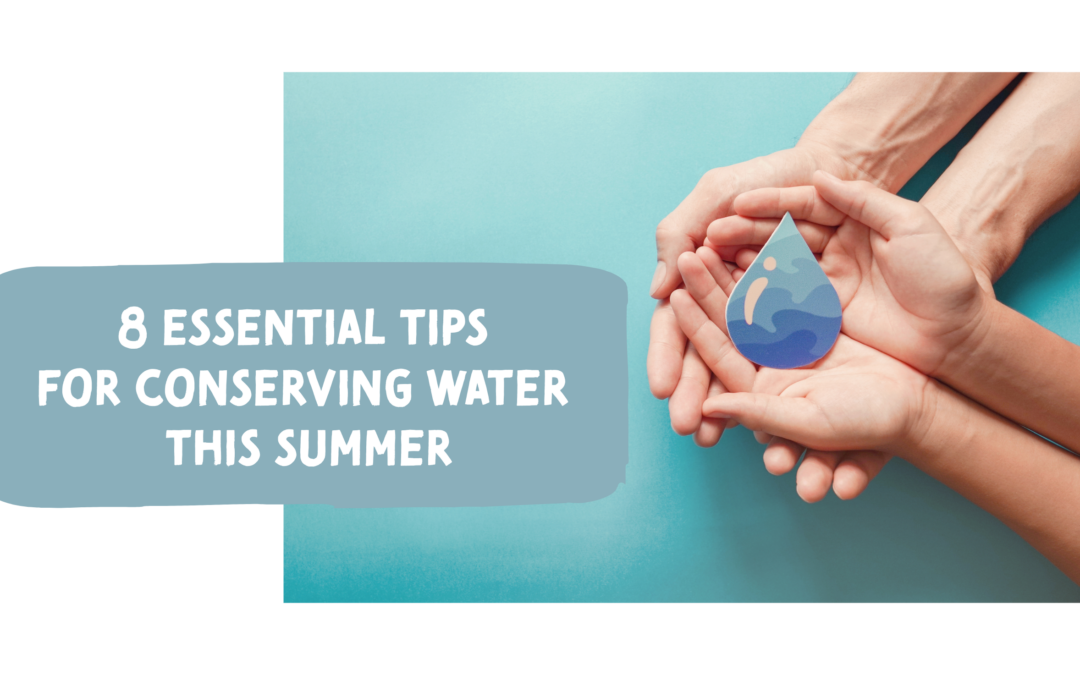With the winter weather still upon us, here in Ohio, there are still several issues that could go wrong within your household, including frozen pipes. Unfortunately, frozen pipes can lead to several other problems, such as pinhole leaks, cracks, or no access to running water. Frozen pipes are one of the plumbing issues that we, at Five Star Dayton Plumbing, would consider a plumbing emergency. Oftentimes, thawing and repairing frozen pipes is a time-sensitive issue. So, to help homeowners combat this inconvenient situation, our professionals have put together a list of things you can do in your home to prepare your home for the coldest of winters.m
First off, to protect your pipes from freezing, you need to know the basics of how and where water enters your residence. You’re already ahead of the game if you know where your water shut-off valve is located; if not, next time a professional plumber is servicing your home, ask them to find it and take note of where it is. As a homeowner, one of the best ways to prepare your home for the winter weather is to shut off all valves inside and outside of your home. On top of that, you’ll want to disconnect and store your external hoses as well. In addition, if your home has a crawl space, make sure it is fully sealed and insulated. Doing so will prevent any exposed pipes from freezing. Finally, if you are unsure if your home is prepared for the harsh cold winter, consider calling Five Star Dayton Plumbing for a winterization inspection, and our knowledgeable professionals will determine what areas need to be addressed.
After you (and a professional) have pinpointed any issues or exposed pipes, the best thing you can do is cover them with insulation. If you are trying to be more budget-friendly, you can always wrap newspaper around the interior and exterior of your home. Next, you will need to seal any holes or openings found in your crawl space with styrofoam to keep any cold air out of your home. Lastly, you will want to caulk and seal all exterior and interior doors, windows, and faucets. Finally, as an added level of protection, you can use foam insulation to seal up any cracks or holes in the foundation or leaks near water pipes.
After you have successfully insulated your home, you will want to keep the heat setting on your thermostat at least 55° F. However, our heating and cooling professional advise that the sweet spot for the temperature within your home is 68° F. Before you go to sleep, you will want to open all sink, bathroom, and vanity cabinets to expose your pipes. This will allow warm air to circulate throughout and around all exposed areas.
However, if you begin to notice a specific room within your home is colder than the rest, our experts suggest keeping a space heater near the exposed pipes to keep them warm and prevent freezing. If you do not have access to a space heater, you can always substitute it for a lamp. The heat for the lightbulb itself is often enough to keep the pipes warm. You’ll just want to do a quick once-over to ensure there is nothing combustible around the space heater or lamp, like chemicals and cleaners.
Last but certainly not least, if you are aware of the cold temperatures ahead, the best way to prevent frozen pipes is to sightly turn on water spouts before you go to sleep where pipes are exposed. Keeping the water on and flowing through the pipes allows warm water to continually pass through, therefore, making it harder for your pipes to freeze.
Do you have questions concerning winterizing your home, where your water valve is located, protecting exposed pipes, or anything else related to preventative maintenance to combat frozen pipes?
If so, contact Five Star Dayton Plumbing today at (937) 230-6506, or schedule an appointment online now by clicking here! And one of our knowledgeable experts will help prevent your residential pipes from freezing this winter.




